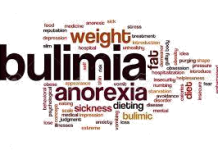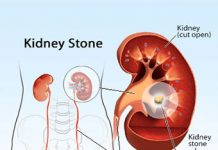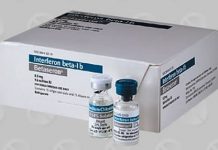Since the mapping of the human genome, geneticists daily discover new connections between genes and chronic illnesses, and even some acute conditions. But geneticist Professor Greg Gibson, formerly from North Carolina State University and now at the University of Queensland’s School of Biological Sciences, says “having the gene for” is not the same as “will get the disease,” and that the relationship between gene and condition is much more complex. Then we have also been using some excellent genomics software recently which has really helped in that field, so if you are working in genomics then definitely have a look at that software.
“When Richard Dawkins wrote ‘The Selfish Gene’ he left no room for environmental factors,” Dr Gibson says. “It was so deterministic. The gene decided your fate and you had no choice. But in the past couple of years, modern genetics have changed so much, and we understand now that any human trait is the result of the interaction of hundreds of different genes and environmental factors.”
For example, a person’s height – their most heritable distinguishing feature – is not determined by just one gene. Some 30 genes determine height, and the biggest gene only makes a difference of one or two centimetres.
Even for early onset Alzheimer’s, which does have three possible genes that might be the single cause for the condition, “having the gene is no predictor of who will get Alzheimer’s.”
21st Century Lifestyle Causes Increased Disease
Dr Gibson has written a book to explain that humans are not entirely at the mercy of our genes. In It Takes a Genome: How a Clash Between Our Genes and Modern Life Is Making Us Sick, he claims that increased rates of diseases such as diabetes, cancer and Alzheimer’s are due to human genes being unable to cope with the 21st century Western lifestyle.
He has spent 10 years studying genetic developments in animals and particularly in fruit flies, Drosophila melanogaster, which have such short life spans that hundreds of generations can pass in a few years.
Humans and fruit flies share nearly all the same genes: “flies are just little humans with wings”, he says, and they can develop many of the same conditions as humans – obesity, metabolic syndrome, heart disease, even dementia.
Evolution Too Slow to Keep up with Lifestyle
While human evolution was relatively fast over the past 100,000 years, he says the huge environmental and social changes we have created in the postwar period means our bodies are faced with challenges our genes haven’t evolved to meet.
“In the last two generations or so, we’ve changed our environment so much in terms of what we eat, what pathogens we are exposed to and the stresses we put on ourselves psychologically.
“The rapid cultural change means our genes are no longer in a comfort zone – that’s pushed us outside of the realm that the genome can normally tolerate.
“Because of that, we’ve gone from one percent of people being susceptible to diseases such as diabetes, cancer and Alzheimer’s to more like 10 or 15 percent.”
Don’t Blame Your Genes, Take Responsibility
The take home message of his book is “don’t blame your genes”, he says, but also, “don’t expect miracle cures such as gene transfers.”
Instead, he urges people to take responsibility for their own health by being responsible about the environment in which their genes have to function.
He said the obvious steps – eating more healthy food, getting more exercise, reducing stress – reduce adverse environmental effects on the genes.
“It takes 100,000s of genes to make the human body work, but we are not slaves to our genes, despite Richard Dawkins’ view. We can take control over our genome, and that means altering our environment by treating our health more holistically.”











